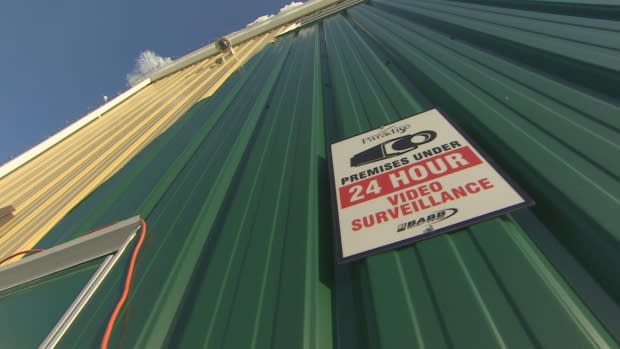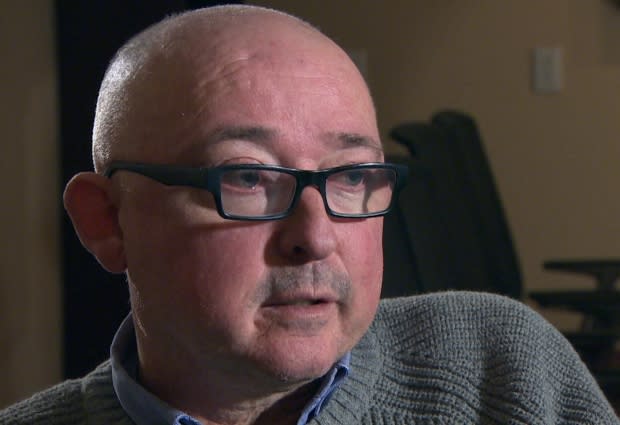Paradise surveillance cameras can stay, says N.L. Supreme Court
The Town of Paradise can keep its 89 surveillance cameras but it has to turn seven of them off during regular working days, says Newfoundland and Labrador's top court.
In a Supreme Court order filed earlier this week, Chief Justice Raymond Whalen agreed the town did not need to comply with recommendations from the provincial privacy commissioner, who said the cameras should stop rolling.
In April, Donovan Molloy filed a report after receiving a complaint about the town collecting personal information through video surveillance.
"I don't think 'happy' is the right word," Molloy said Friday, describing his reaction to the outcome.
"I view it as an acceptable resolution in all the circumstances."

The court order is the result of an agreement negotiated by the two sides after the Town of Paradise refused to follow Molloy's recommendations outright.
The privacy commissioner described the compromise, approved by Whalen, as a better outcome than could have been expected in a lengthy court battle.
"This would have been, I think, a protracted matter, would have incurred thousands of dollars in cost to the taxpayers," he said.
"So at the end of the day, we view this as an agreeable resolution."

Molloy said the town hadn't justified the need to collect personal information in the form of video surveillance, but Paradise argued the video captured by its cameras doesn't directly identify anyone, and therefore isn't personal information.
Cameras prevent crime: mayor
Mayor Dan Bobbett said the town installed the cameras after a series of break-ins, and he wasn't prepared to turn them off. Rather than accept Molloy's recommendations, the town decided to take the matter to court.
"There's been several incidents around the Avalon Peninsula in the recent years and crime has increased," Bobbett told CBC News.

"Cameras are a big deterrent."
Molloy said there is not enough empirical evidence to prove surveillance cameras prevent crime — and anecdotally, it doesn't seem to be the case, he said, pointing to a string of break-ins in the St. John's area this week that involved heavy equipment.
"That didn't stop the backhoe robberies," he said,
Some exceptions
Bobbett says of the 89 cameras on town facilities, only seven will be turned off during regular work hours. There are 67 cameras surveilling areas open to the general public, and an exception has been made for cameras 15 cameras in sensitive areas restricted to the public.
Those include cameras in the arena Zamboni room, the town depot yard, and areas where safes are located.
The mayor said Paradise consulted a law firm to ensure its surveillance policy was on sound legal footing. Bobbett says the cameras help protect the town's assets and its citizens.

"If you're not doing anything wrong, you shouldn't have anything to worry about." he said.
Molloy is not convinced.
"The right to privacy is a constitutional right. You don't have to have a reason to care," he said.
"Just because you don't care about being recorded doesn't abrogate my right to privacy, or any people who have concerns about being under constant video surveillance."
Read more from CBC Newfoundland and Labrador

